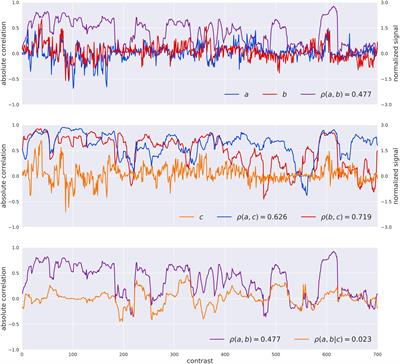TECHNOLOGY REPORT
Published on 21 Sep 2018
Discovering Causal Relationships in Grapevine Expression Data to Expand Gene Networks. A Case Study: Four Networks Related to Climate Change

doi 10.3389/fpls.2018.01385
- 3,648 views
- 10 citations
6,747
Total downloads
37k
Total views and downloads
TECHNOLOGY REPORT
Published on 21 Sep 2018

ORIGINAL RESEARCH
Published on 13 Jun 2018

ORIGINAL RESEARCH
Published on 01 May 2018

ORIGINAL RESEARCH
Published on 11 Oct 2017
